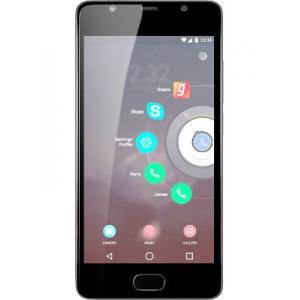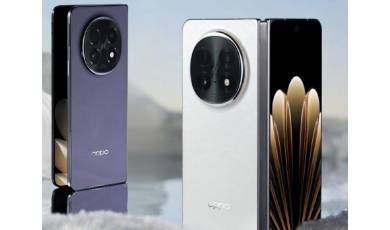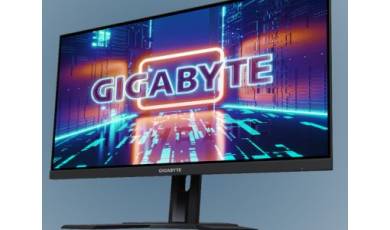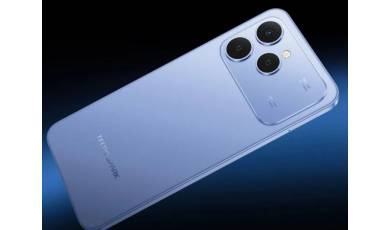Panasonic Eluga Ray specs.
Mobiles >> Panasonic >> Panasonic Eluga Ray| Specifications | Reviews | Secret codes |
| Unlock phone | Root phone |
| Backup | Flash Firmware | Screenshot |
| Hard Reset |

General Panasonic Eluga Ray
Smart Phone OS: An operating system (OS) is software that interacts between a user and a smartphone.
An operating system (OS) is software that interacts between a user and a smartphone.
Android v6.0 (Marshmallow)
SIM Slot(s):
Dual SIM, GSM GSM
Network:
4G: Available
3G: Available, 2G: Available
3G: Available, 2G: Available
Fingerprint Sensor:
Yes
Quick Charging:
No
Design Panasonic Eluga Ray
Height:
144.4 mm
Width:
71.6 mm
Thickness:
9.7 mm
Weight:
169 grams
Build Material:
Case: Metal
Back: Metal
Back: Metal
Colours:
Gold, Space Grey, Rose Gold
Display Panasonic Eluga Ray
Screen Size: This diagonal display size is usually measured in inches.
This diagonal display size is usually measured in inches.
5 inches (12.7 cm)
Screen Resolution: Screen resolution refers to the size of the image received on the screen in pixels
Screen resolution refers to the size of the image received on the screen in pixels
HD (720 x 1280 pixels)
Pixel Density:
294 ppi
Display Type:
IPS LCD
Touch Screen:
Yes Capacitive Touchscreen, Multi-touch
Screen to Body Ratio:
66.5 %
Performance Panasonic Eluga Ray
Chipset: Is a set of chips in the smartphone that control the CPU.
Is a set of chips in the smartphone that control the CPU.
MediaTek MT6737
Processor:
Quad core, 1.3 GHz, Cortex A53
Architecture:
64 bit
Graphics:
Mali-T720 MP2
RAM: Random Access Memory
Random Access Memory
3 GB
Storage Panasonic Eluga Ray
Internal Memory:
16 GB
Expandable Memory:
Yes Up to 64 GB
USB OTG Support:
Yes
Camera Panasonic Eluga Ray
Screen Resolution: Screen resolution refers to the size of the image received on the screen in pixels
Screen resolution refers to the size of the image received on the screen in pixels
13 MP Primary Camera
Sensor:
CMOS image sensor
Autofocus:
Yes
Aperture:
F2.2
Optical Image Stabilisation:
No
Flash:
Yes LED Flash
Image Resolution:
4128 x 3096 Pixels
Settings:
Exposure compensation, ISO control
Shooting Modes:
Continuos Shooting, High Dynamic Range mode (HDR)
Camera Features:
Auto Flash, Face detection, Touch to focus
Video Recording:
1920x1080 @ 30 fps
Screen Resolution: Screen resolution refers to the size of the image received on the screen in pixels
Screen resolution refers to the size of the image received on the screen in pixels
5 MP Front Camera
Aperture:
F2.2
Flash:
Yes LED Flash
Battery Panasonic Eluga Ray
Capacity:
4000 mAh
Type:
Li-Polymer
User Replaceable:
No
Network & Connectivity Panasonic Eluga Ray
Network Support:
4G , 3G, 2G
VoLTE:
Yes
SIM 1:
4G Bands:TD-LTE 2300(band 40)
3G Bands: UMTS 2100 / 900 MHz
2G Bands: GSM 1800 / 1900 / 850 / 900 MHz
GPRS:Available
EDGE:Available
3G Bands: UMTS 2100 / 900 MHz
2G Bands: GSM 1800 / 1900 / 850 / 900 MHz
GPRS:Available
EDGE:Available
SIM 2:
2G Bands: GSM 1800 / 1900 / 850 / 900 MHz
Wi-Fi: Wireless lan technology
Wireless lan technology
Yes Wi-Fi 802.11, b/g/n
Wi-Fi Features:
Mobile Hotspot
Bluetooth: Bluetooth is used to exchange data between nearby mobile devices.
Bluetooth is used to exchange data between nearby mobile devices.
Yes v4.0
GPS: Global Positioning System
Global Positioning System
Yes with A-GPS Assisted Global Positioning System
Assisted Global Positioning System
NFC: Near field communication
Near field communication
No
USB Connectivity:
microUSB 2.0
Multimedia Panasonic Eluga Ray
FM Radio:
Yes RDS
Loudspeaker:
Yes
Audio Jack:
3.5 mm
Special Features Panasonic Eluga Ray
Fingerprint Sensor:
Yes
Fingerprint Sensor Position:
Front
Other Sensors:
Light sensor, Proximity sensor, Accelerometer, Compass
Comments, Questions and Answers about Panasonic Eluga Ray
Ask a question about Panasonic Eluga Ray





